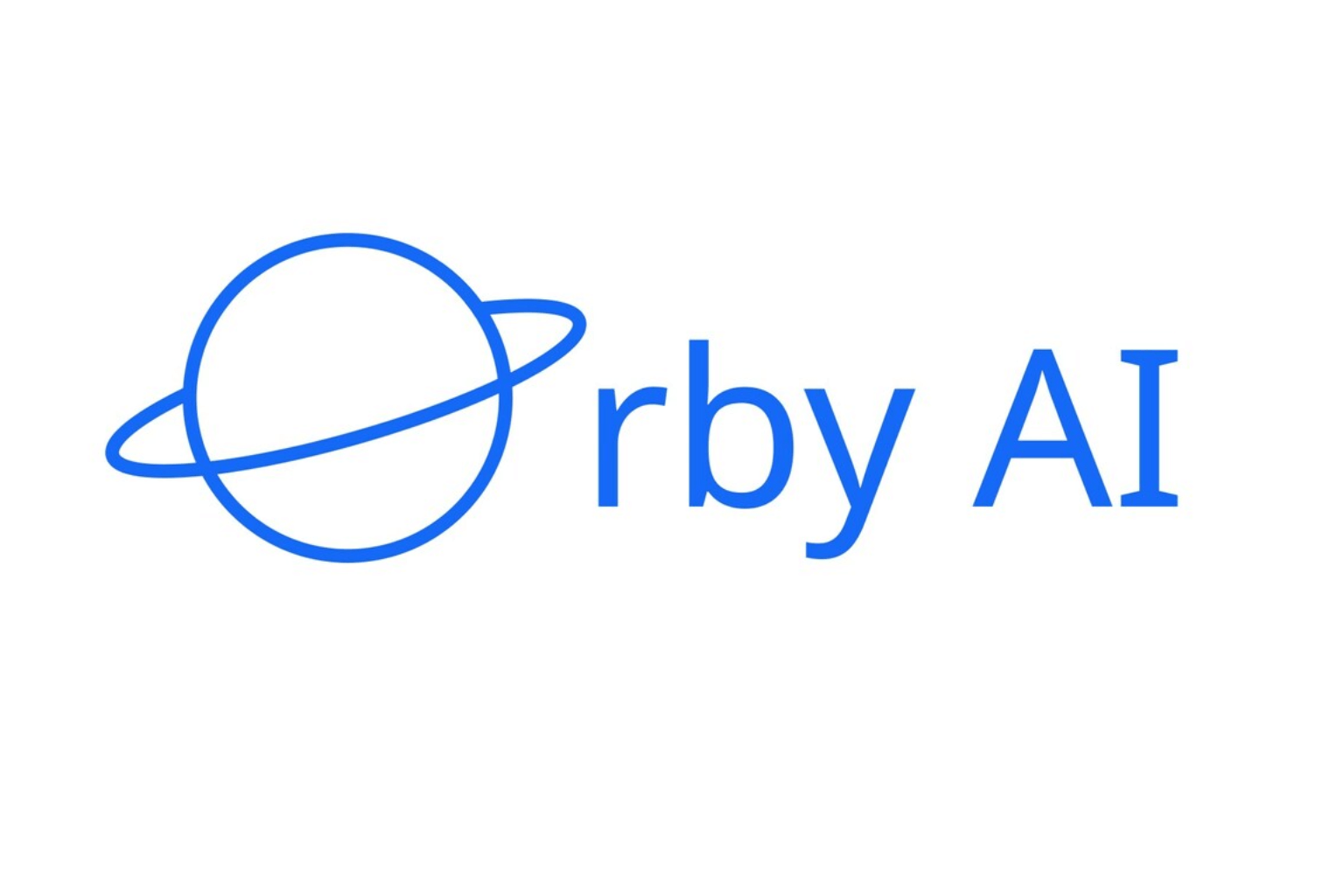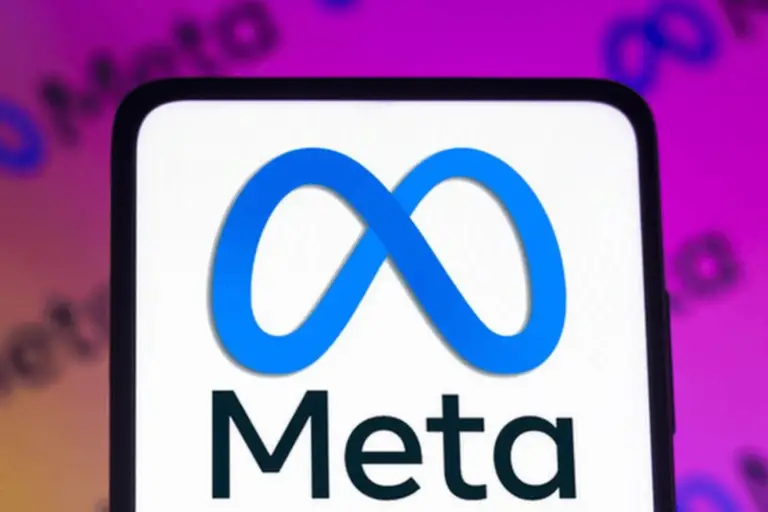
Orby develops AI agents for the enterprise
Orby AI, co-founded by Bella Liu and William Lu, is developing a generative AI platform to automate business workflows, emphasizing real-time learning and adaptive automation, with a focus on improving productivity and handling low-level decision-making, and has recently raised $30 million in Series A funding to position itself uniquely in a competitive market.
People have praised AI “agents,” which are generative AI models that can do things on their own, like copying information from an email and pasting it into a spreadsheet. They have been called productivity boosters.
Since models often get things wrong, that might not be the best idea yet. But at least some founders, analysts, and investors are sure that agents are the next big thing in generative AI.
Two of these founders are Bella Liu and William Lu. For their company, Orby AI, they are developing a generative AI platform that aims to automate various business workflows, including data entry, document processing, and form validation.
A lot of startups, like Parabola, Tines, the IBM-backed Induced AI, and Tektonic AI, make tools that can automate boring, repetitive back-office tasks.
Even established companies, such as Automation Anywhere and UiPath, have begun to use AI to compete with the generative AI market.
Liu and Lu say that Orby’s technology is unique because it can learn and change workflows in real-time, as well as figure out patterns and connections in an organization’s unstructured data.
Liu, Orby’s CEO, said, “Our platform watches how workers do their jobs so that it can automatically make automation for complicated tasks that need some level of reasoning and understanding.” “We install an AI agent on a worker’s computer, which observes, learns, and creates automation, adapting its model as it acquires more knowledge.”
Liu and Lu say that when they made Orby, which came out of stealth in 2023, they wanted to make an AI that could understand some of the low-level decisions that workers were making and take those decisions away, so employees could focus on more important things.
Liu used to be in charge of AI and automation at IBM, where he planned products and oversaw AI-related mergers and acquisitions. He was also the director of AI product management at UiPath. Lu used to be a systems engineer for Nvidia.
He then became an engineering lead at Google Cloud and helped to design generative AI technology for extracting data from documents and databases.
Orby’s secret sauce is a cloud-based generative AI model, fine-tuned to do customer tasks like validating expense reports. Part of the model is based on symbolic AI, a type of AI that uses rules, like mathematical theorems, to figure out how to solve problems.
Symbolic AI can be rigid and slow by itself, especially when dealing with big, complicated data sets.
To work well, it requires well-defined knowledge and context. However, recent studies have demonstrated its potential to enhance the scalability of traditional AI model architectures.
Liu said, “For the past two years, we’ve been working on this AI model and have had successful tests.” “There aren’t many companies that solely focus on generative AI and approach the business world with a comprehensive solution.” “We are one.”
Liu claims that Orby’s model can adapt intelligently to workflow changes, like updating an app’s user interface, by analyzing how workers use APIs and their browsers.
Having software track every move an employee makes sounds like a privacy nightmare waiting to happen. Liu asserts that Orby utilizes customer data to enhance its model, encrypting it both during transmission and storage.
Orby’s Strategic Moves Amidst a Challenging Industry Landscape
Orby is in a tough industry. New Enterprise Associates and Wing led a $30 million Series A funding round, and sources indicate the company’s current valuation exceeds $100 million. Agentic AI, coming soon from generative AI giants like OpenAI and Anthropic, has made things less likely for both large and small players.
Adept is a startup that is making AI agents for business applications. Rumors suggest that Microsoft plans to acquire the company before it releases a single product. Amazon and Google both released AI agent tools without much fuss.
In other news, UiPath’s sales dropped sharply in its most recent fiscal quarter, even though the company has been stepping up its generative AI efforts over the past year.
According to Liu, Orby can win if they take a planned approach to going to market. She says that the company is already making money from about a dozen customers and plans to use its $35 million war chest to hire more people to join its 30-person team in Mountain View.
She stated that we are using the money to expand our technical, customer service, product, and go-to-market teams. “Enterprise customers can’t get enough of generative AI solutions that boost business performance.
They’re just figuring out how to best use the technology right now before rolling it out across their whole company.”


